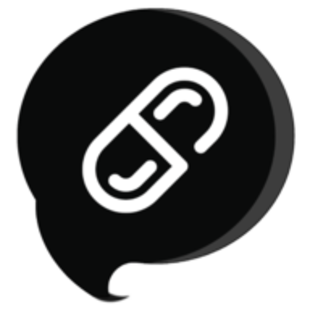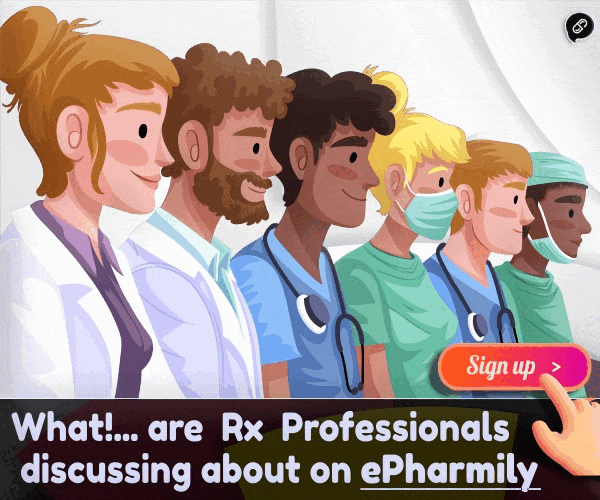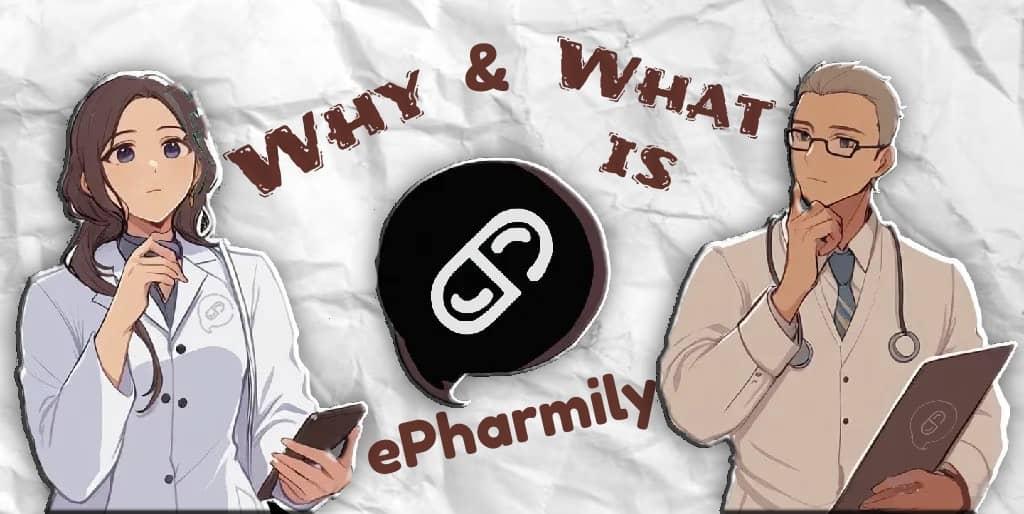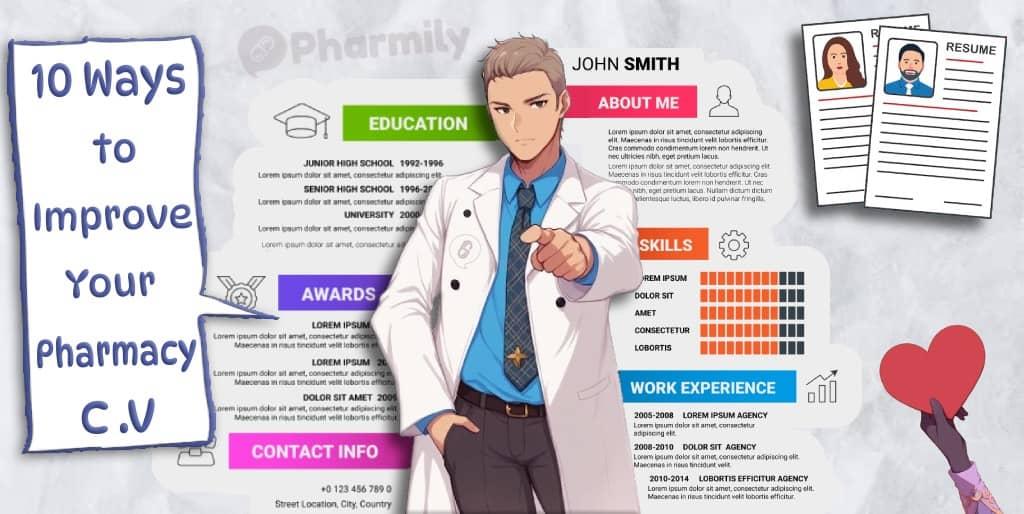Why every professional needs an id-Card
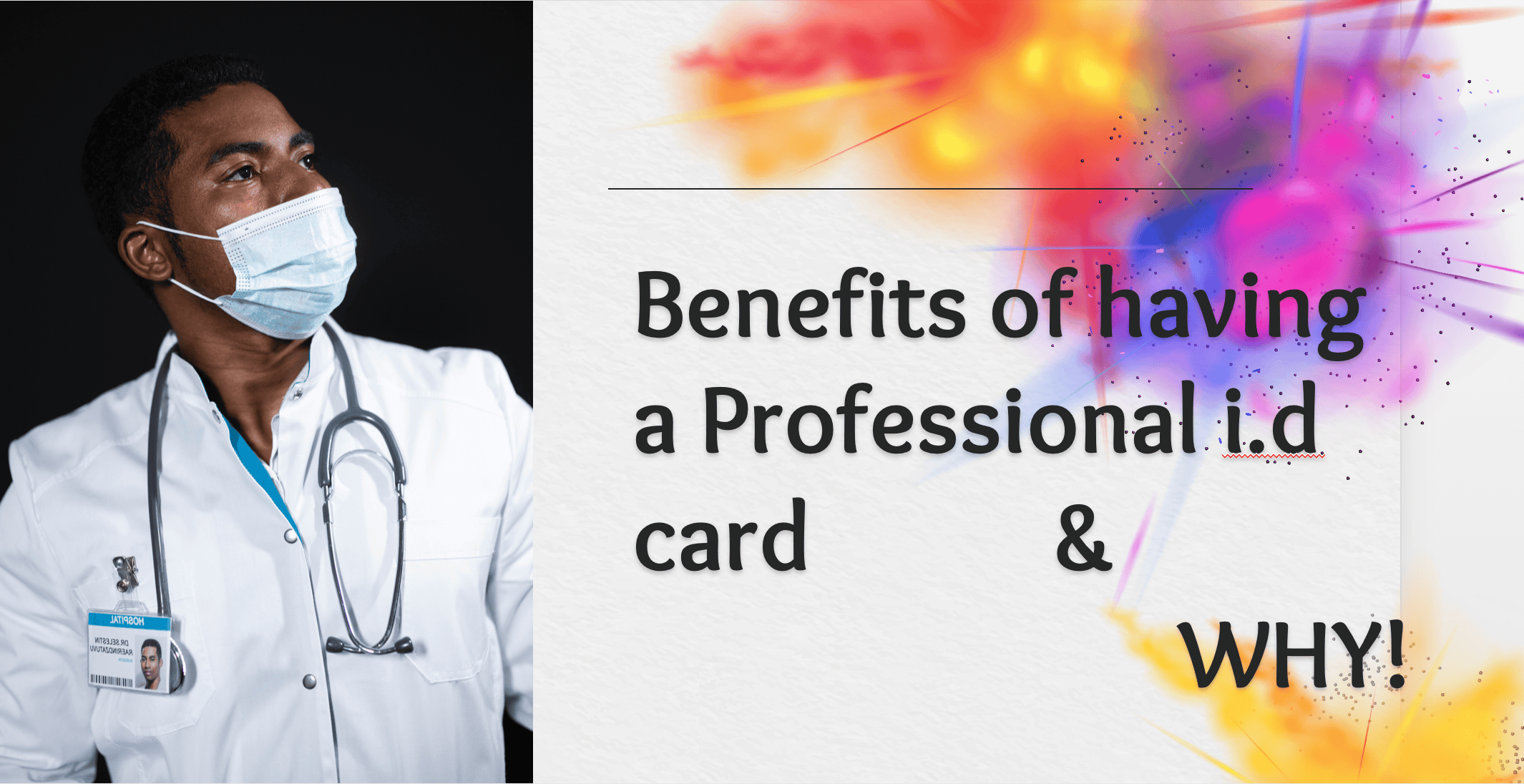
An id card or an identification card, as the name implies is used as a means of identification, just the same way an International passport serves as a means of identifying if an individual is a citizen of a country or not.
In the professional world, identification cards (ID cards) plays a pivotal role in establishing credibility, security, and trust.
For professionals like doctors, pharmacists, and other service providers, an ID card is not merely a formality but a critical asset that enhances their professional standing.
This comes to the question, especially in our current generation… Is having an id card still a thing? Yes, the world as we all know, is already digital and decentralized so having a plastic card with you anywhere you go can be a pain, as you might damage or break it.
So why not have it on phone ?! Long story, short Here’s an in-depth look at why having an ID card is necessary for professionals and how it benefits both us as a whole.
Click here: For Nigeria pharmacist whom are yet to get their ID Card, Follow link
Professional Credibility
An ID card instantly validates a professional’s identity and qualifications. I.e confirms his or her medical credentials and specialties, therefore reassuring patients that they are consulting a certified medical professional/ practitioners.
It also assures patients of their legitimacy and adherence to pharmaceutical standards.
Security
Yes! You might ask in what way. This is for both Access and prevention of frauds, as It helps prevent unauthorized individuals from posing as pharmacist personnel or doctor.
Access Control: Hospitals, clinics, and pharmacies can restrict access to authorized personnel, therefore safeguarding sensitive areas and information.
Fraud Prevention: Displaying an official ID card reduces the risk of impersonation and unauthorized practices, protecting both the professional and their clients.
Building Clients & Patients Trust
Clients & Patients are more likely to trust professionals who can present a valid ID card.
For example:
- A patient meeting a doctor for the first time gains confidence when they see the doctor’s official identification.
- And a pharmacist’s ID card assures customers that they are receiving accurate prescriptions and advice.
Legal and Ethical Compliance
In a good number professions, carrying an ID card is not optional but a legal requirement.
For instance:
- Doctors: Medical boards and associations often mandate ID cards to ensure practitioners meet regulatory standards.
- Pharmacists: Regulatory bodies require identification (besides the License) to monitor compliance with pharmaceutical laws.
Just as the License, The ID card acts as proof that the pharmacist has completed the necessary education and training, passed licensing exams, & is in good standing with their regulatory body ( in my country- PCN).
Emergency Situations
In emergencies, ID cards can save lives and facilitate quick action.
For example: A doctor’s ID card can provide instant recognition during medical emergencies, allowing them to assist without unnecessary delays.
While Pharmacists can use their ID cards to access restricted medication zones during crises.




